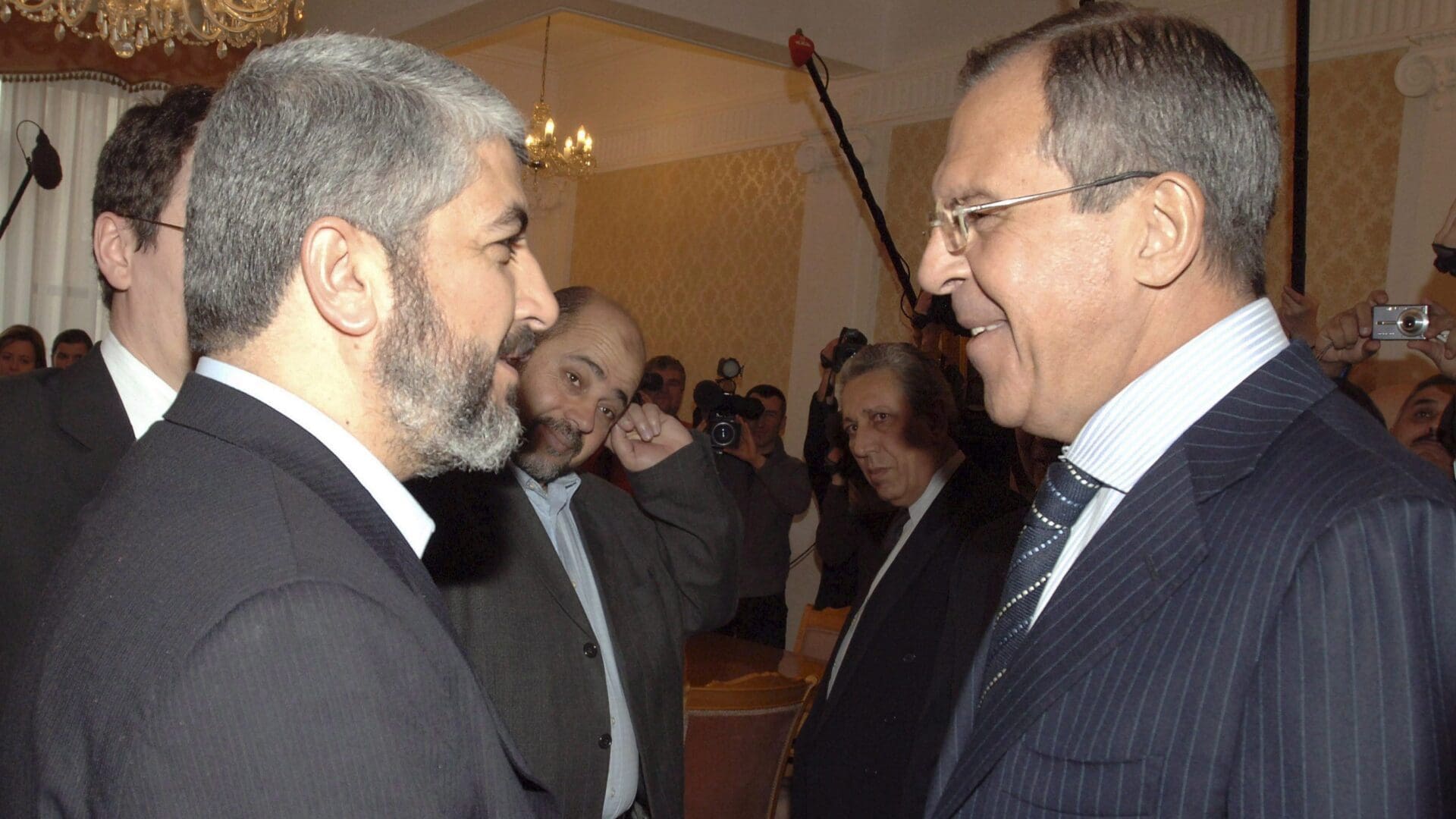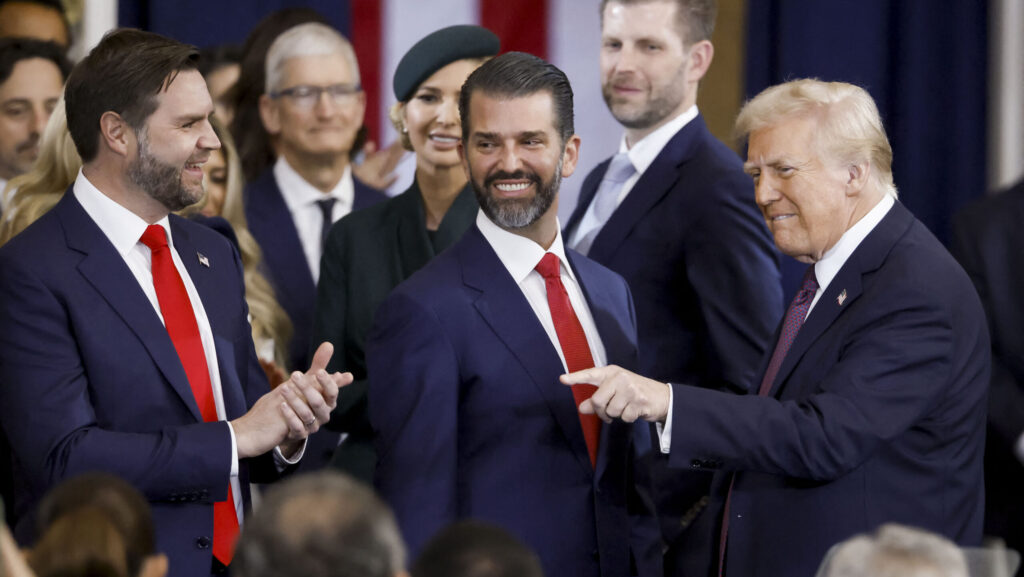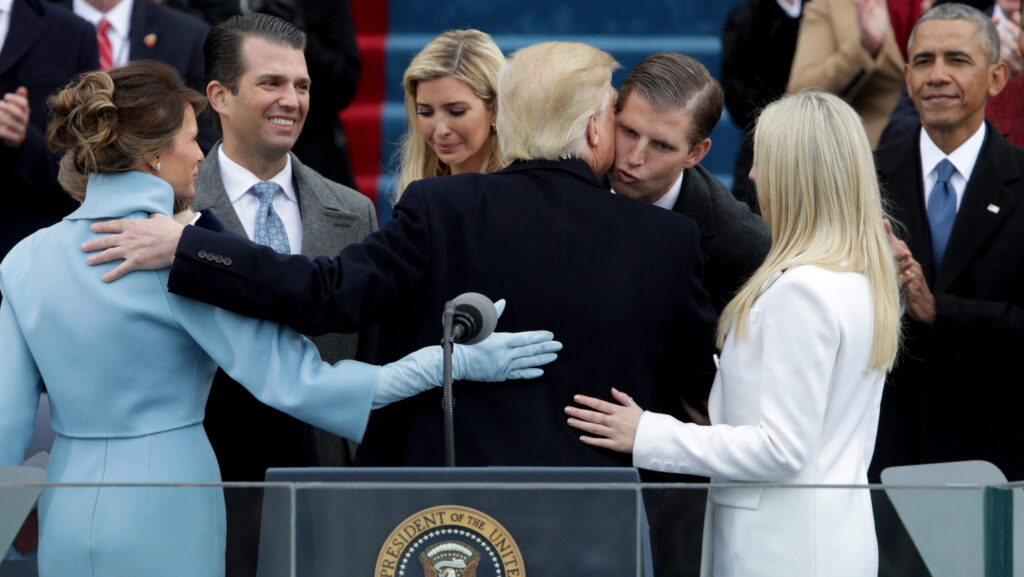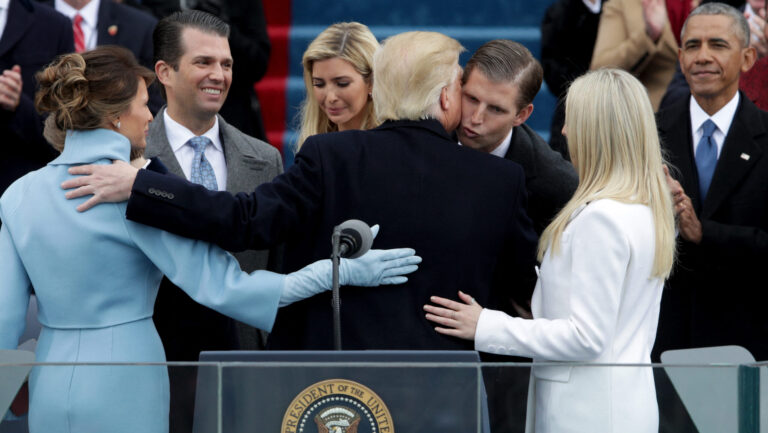Russia–Israel relations were not entirely smooth in the past. Not only were the two countries on opposing sides in the Cold War, but the Soviet Union also actively spread anti-Israel propaganda, blocked the Aliyah of Russian Jews, and provided resources and weapons to Palestinian extremists. (Interesting fact: in July 1970, the Cold War between the two sides became a ’hot’ war: Israeli Dassault Mirage III fighter jets confronted Soviet MiG-21 fighters over the Sinai Peninsula, and the Israelis shot down five Soviet planes, killing four pilots.) Following the collapse of the Soviet Union, however, relations between Israel and Russia improved significantly.
Yet, following the Russian invasion of Ukraine in 2022, Russian–Israeli relations deteriorated during the tenure of Israeli Prime Minister Yair Lapid, who actively criticized Russia in a series of messages. However, unlike many Western countries, Israel has maintained relations with the Kremlin, rejecting to impose sanctions on Russia. There are several reasons for this. For one, Russian is the third most widely spoken language in Israel after Hebrew and Arabic:
it is spoken by 1.5 million Israelis, who constitute 17 per cent of the population.
Russia has been grateful to Israel for not sending military aid to Ukraine, and the two countries have maintained contact over military operations in Syria as well. That is more important to Benjamin Netanyahu than exchanging angry messages on Twitter—on that, too, he differed significantly from Lapid. All of the above has been true until recently, despite the fact that good US–Israeli relations and good Russian–Iranian relations would suggest that Israel and Russia can only have bad relations.
Netanyahu has previously repeatedly referred to Putin as a ‘friend’. The Israeli prime minister has visited Russia more than ten times since 2015, and during the 2019 election campaign proudly displayed a poster of the country with a picture of him shaking hands with Putin.
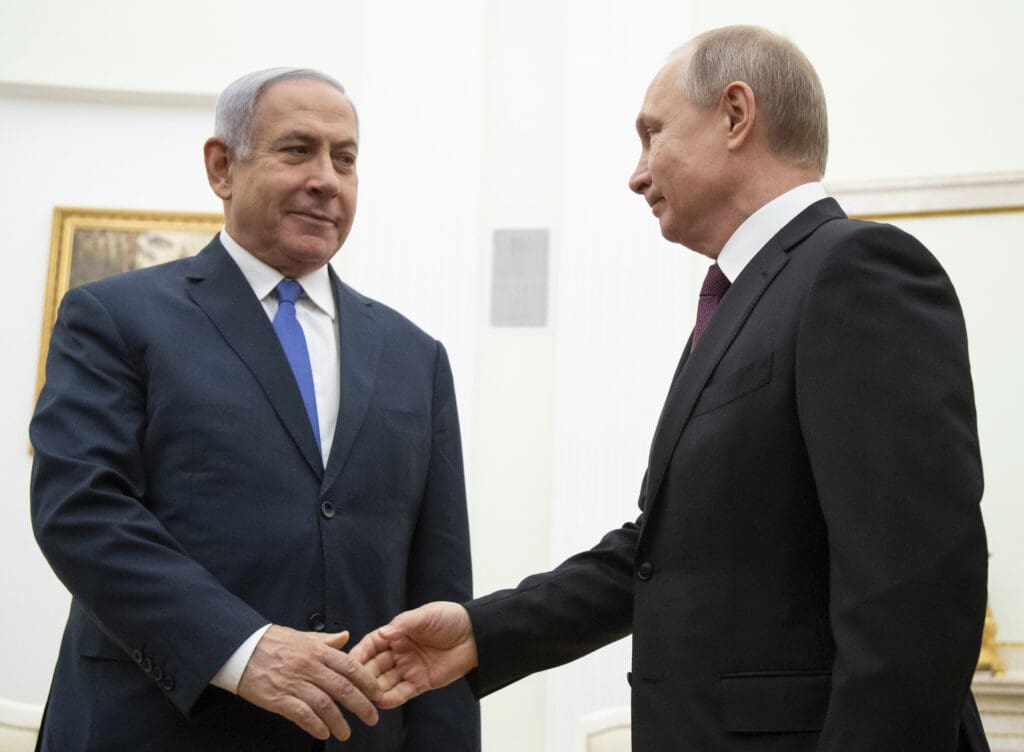
Perhaps that is why many Israelis were shocked that a Hamas delegation travelled to Moscow on 26 October to meet with senior Russian officials. The Israeli foreign ministry labelled this ’support for terror’ and called on the Russians to expel Hamas, Time magazine noted.
But where does Russia actually stand on the current Israel–Hamas war? Russia has failed to call the 7 October Hamas attack an act of terror.
The fact that Putin’s call to Netanyahu came after a week and a half is a strong signal in itself.
Meanwhile, Russian officials have called on both sides to lay down their arms and reaffirmed their support for the plan to establish a Palestinian state. At the same time, Russia condemned Israel’s counter-strikes in Gaza, although it has not broken off relations with Israel. Moscow claimed that they received the Hamas delegation because it was important to maintain relations with both sides in the conflict. The Russian Foreign Ministry said in a statement that the meetings were part of Russia’s efforts to secure the release of hostages in Gaza. Hamas has also indicated that they are trying to give special treatment to the Russian hostages because Russia is a ‘long-standing friend’.
The question is how much Russian foreign policy may change as a result of the current war. According to the Ukrainians, Russia has been supporting Hamas with arms, but there is no evidence underpinning that claim, just as there is no proof of the Russian propaganda allegation that Hamas has received Ukrainian weapons. Moreover, it should be noted that there is no evidence either that Russia was involved in instigating or planning the 7 October attacks or supplying weapons to Hamas—even if the attack took place on Putin’s birthday, as some Western observers have reminded.
But there is no shortage of crude statements. On 28 October, Russian Foreign Minister Sergei Lavrov said that the bombing of Gaza was contrary to international law, and Putin himself likened Israel’s blockade of Gaza to the siege of Leningrad by Nazi Germany in World War II—a highly offensive choice of words.
Russia may be a passive beneficiary of the war in Israel
in the sense that while they have failed to make a breakthrough on the Ukrainian front, the Pentagon has decided, according to Axios, to send Israel tens of thousands of 155 mm artillery shells originally intended for Ukraine. America insists that they can support both Ukraine and Israel at the same time—the question is to what extent and for how long.
Of course, if Russia decides to support Hamas with more than just words, their relationship with Israel will surely suffer. The Turkish–Israeli relationship has suffered serious damage for less. Meanwhile, it should be seen that analysts believe that the protracting Russo-Ukrainian war has radicalized the Russian leadership and that the Israeli relationship is being interpreted within the framework of a new Cold War with America, rather than on the basis of the good bilateral relations that existed before. Furthermore, it is possible that America is also pressuring Israel behind the scenes to turn on Moscow.
The increasing tensions between the United States and Iran as well as between Israel and Iran could also have a negative impact on the relationship between Israel and Russia. Although Ukrainian President Zelensky has tried to fill the void left by Russia, his proposal to visit the country does not seem to have been welcomes by Israel—which, of course, has angered the Ukrainian press.
All in all, what we are witnessing is that in a world that is increasingly being separated into ’blocs’, and heading towards a new Cold War, strict, ‘no-deflection’ alliances and hostilities are limiting diplomatic and trade relations—and even a country like Israel, which has previously enjoyed good relations with both Russia and America, cannot seem to escape this trap.

